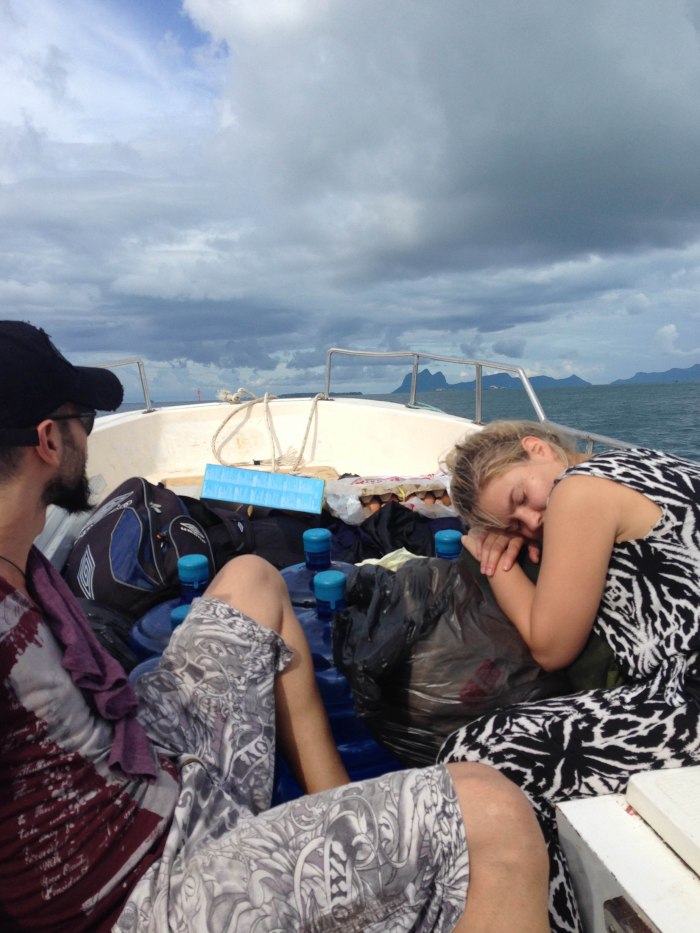Pom Pom is one of the many minute islands in the Celebes Sea, cresting 100m off the seafloor into white sands and rainforest. Nestled into the jungle is the Tropical Research and Conservation Center (TRACC), and puzzle of tents, tarps, and a tin roof shelter as a kitchen. A week there felt like a month, with restricted internet access and unlimited diving. The best thing about being there was seeing how easy it is to live a low-impact lifestyle while doing reef restoration work, once the ecotourists have spent their carbon budgets on the planes and boats that get them to Pom Pom. TRACC’s promoted project: to take an island decimated by fish bombing and, through the construction of different structures, see how much these basic techniques can restore a reef ecology.


It seems that TRACC’s project has been transfigured as much as the reef itself. The program director is less interested in explicit coral conservation than he is the overtly artificial reconstruction of the entire island ecology. The coral restoration projects were abundant but informal, using a lot of breaking plastic crates and mishandled fragments. I was frustrated by the lack of education visiting, paying “volunteers” received before jumping in the water and handling coral. Program leaders are currently fundraising a sponsor-a-shark program that imports shark bycatch from the other side of Borneo and transplants these apex predators on Pom Pom. “I don’t want to wait 50 years for a shark to show up – they’d never get here,” the director commented. “Plus, no other island besides Sipadan has sharks,” an employee noted. Pom Pom, wrecked by bombing, is for him a blank slate upon which he is comfortable imposing his own design.




TRACC is purportedly working on education initiatives, modeling their work on programs like The Island School. One of the main programs is now an A-Level training program, taking young, typically British, upstarts through lectures and hands-on education until the exam. The most exciting thing I saw there came from the local dive instructor, who outside her passion for cigars wants to do ground-up, community-based educational work to redirect the local economy from fishing to ecotourism that highlights indigenous freedive fishing. The community, too, is a cool bunch of divers interested in spending their holiday doing good work in a beautiful part of the world; I came at the end of their year as well, and might have missed a bulk of the usual action. If TRACC thinks strategically about its future, it could become a true hub of environmental education in a vulnerable and important environment.



One thought on “Pom Pom Island & Reef Ecology Restoration”